The Political Poet:
Interview with Nikki Giovanni
by Charles Bane, Jr. and Sarah A. O'Brien
Nikki Giovanni (born June 1943) is considered by many to be the dean of African American poets. Her poetry arose out of the fervor of the Civil Rights Movement’s progression from the late 1960’s onward, and has garnered her numerous awards, including the Langston Hughes Medal and seven N.A.A.C.P. Image Awards. The author of over twenty poetry collections, she is currently the University Distinguished Professor at Virginia Tech. The following interview was conducted on November 7, just prior to the 2016 United States Election. The final two questions were answered by Giovanni on November 15, 2016.
Charles Bane, Jr.: You’ve written that you did not dream of being a writer, but rather “my dream was to discover something no one else had thought of.” Has poetry fulfilled your original aims?
Nikki Giovanni: I think of my poetry as uncovering ideas and truths not yet seen. What I would love to discover is life on another planet. I’d love to recognize a new life form. After all, when my ancestors were bought to this country they were forced to see new people and create new communities. I’d love to do that in another Space.
Bane: How important is music to you as a poet? Do you listen to music while you're writing, or do you need silence?
Giovanni: I don’t need silence, but I often have it.
I listen to music when I cook and as I read. Music is very important to me because it is the backbone of my work. I love the Spirituals and try to think how they were created and why they offer us such comfort.
Bane: The late Shirley Chisholm was quoted as saying she felt more the sting of discrimination as a women than as an African American. Has that been your personal experience?
Giovanni: No.
Bane: A writer early dubbed you the “Poet of the Black Revolution.” What, for you, was the seminal moment of the Civil Rights Movement?
Giovanni: We are still working on that one moment. America has a lot of growing up to do, and that would include Lil’ Wayne. Don’t you just miss Tupac about now? What an election this would have been with ’Pac singing a love song/work song with Hillary!
Bane: You've won seven Image Awards from the NAACP. Is acknowledgement of that magnitude fulfilling, or challenging?
Giovanni: I feel so fortunate. The Image Awards make me so happy! One day I’ll be a question on Jeopardy, and won’t that be grand?
Bane: Do you think American letters, including children's literature (which you've written), is becoming more diverse?
Giovanni: I hope we are doing better. Kwame Alexander is certainly adding to the stew and, as always, Langston Hughes illustrated by Ashley Bryan, as well as Ashley’s creative work, has moved us forward. Children are not dumb, so it’s time we stopped “Rudolph The Red-Nose Reindeer” and admitted it’s about bullying. It’s time we helped American children reach out to become. I read the Comics every morning and we are seeing characters of color in the strips now. Do we need more? You bet. Are we on a good path? I hope so. It is my hope that by the time you receive this Hillary is President and Trump is ushered back to his gutter. [Editor’s note: As of November 10, 2016, Trump was not ushered into a gutter outside Trump Tower, but rather was ushered into the White House to visit President Obama as the president-elect.]
Sarah A. O’Brien: What do America's 2016 election results mean for women writers and poets, especially writers of color living in America?
Giovanni: We who write, men and women, and we are all of some color, need to remember that our job is still to tell the truth. It is very sad to have something like Donald Trump as President, but for me it’s even sadder that people who should know better are saying, “Give him a chance.” Should the Jews have given Hitler a chance?
Why in the world haven’t those who know better spoken out? I am very disappointed with Obama trying to be “Big” about this. I am sorry Clinton didn’t curse him out. The young people in the streets are right: He is not our president.
“It is very sad to have something like Donald Trump as President, but for me it’s even sadder that people who should know better are saying, ‘Give him a chance.’ Should the Jews have given Hitler a chance? Why in the world haven’t those who know better spoken out?”
O’Brien: In light of Trump's troubling plans (or lack thereof) for the nation and the way his campaign has emboldened racists and bigots, how can writers become activists and advocates for those in need? How will our role as writers shift under Trump's presidency?
Giovanni: Our roles will not shift. We are here to tell our stories; to tell our truths. Nothing has changed except that we might find ourselves incarcerated or, if we are unarmed black men: Shot. The KKK changed their white hoods for blue uniforms. God Bless America.
